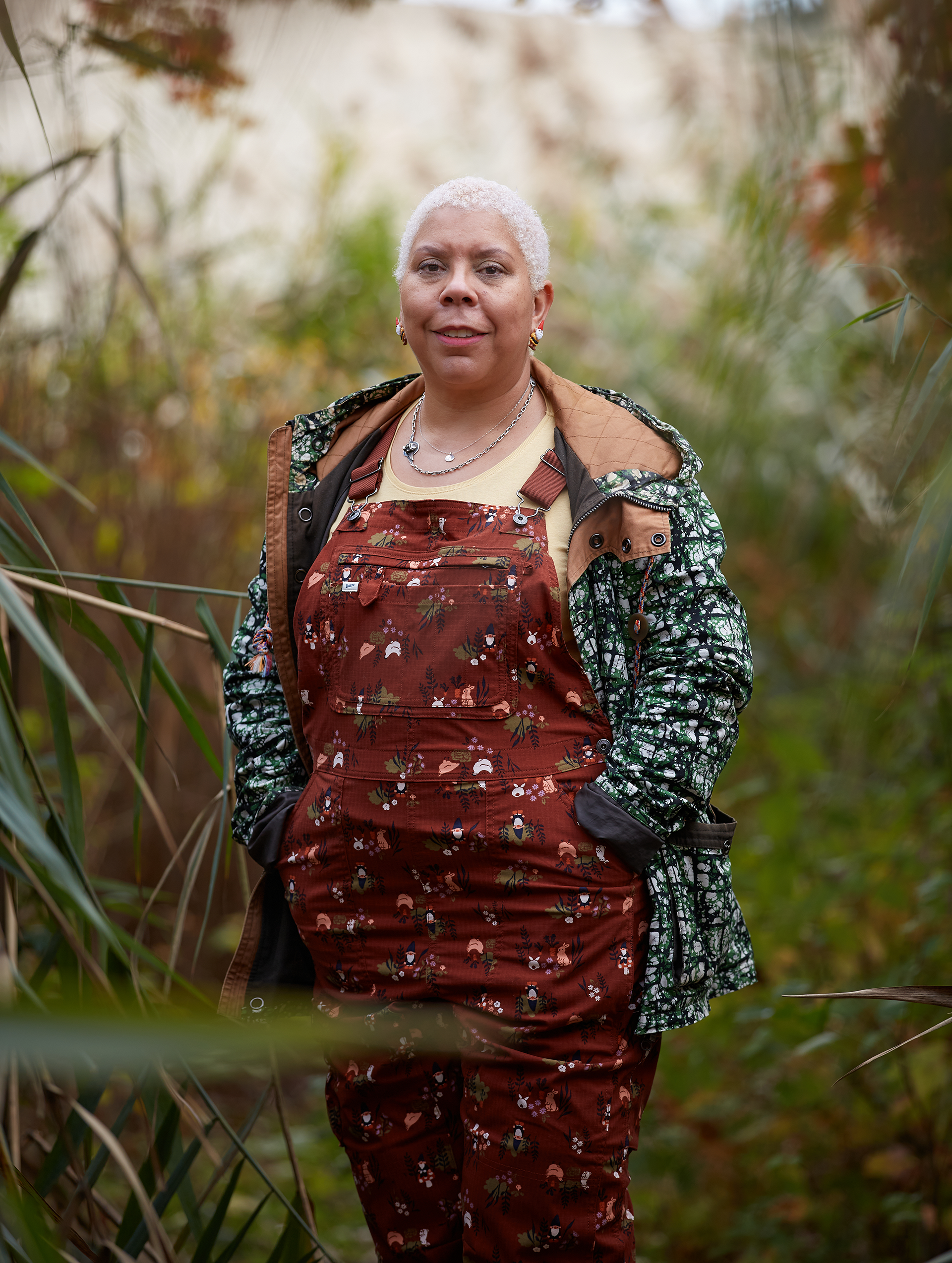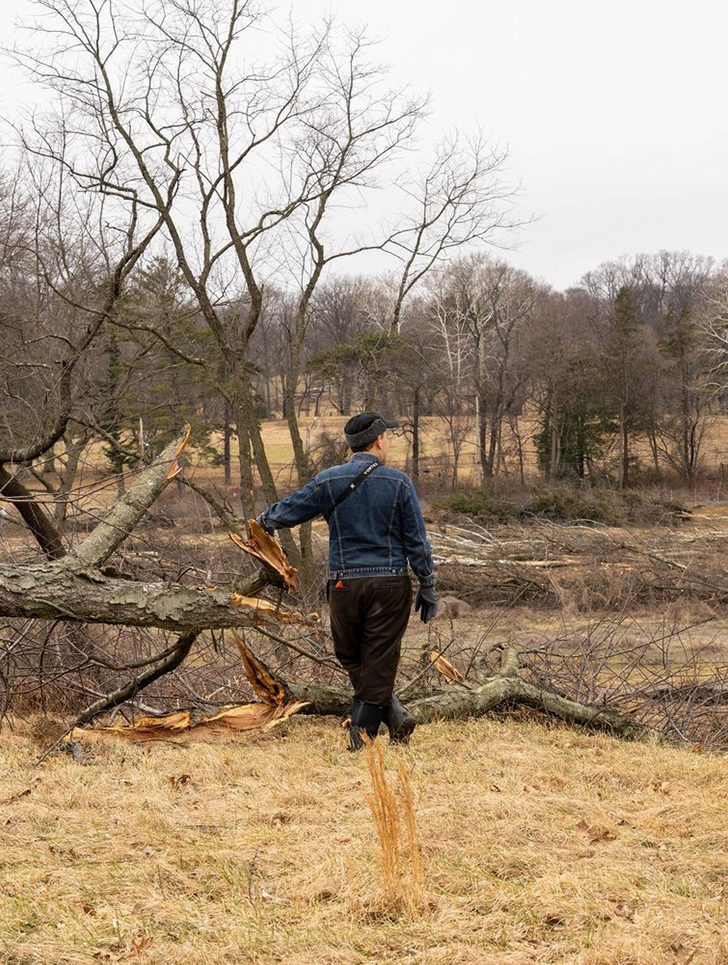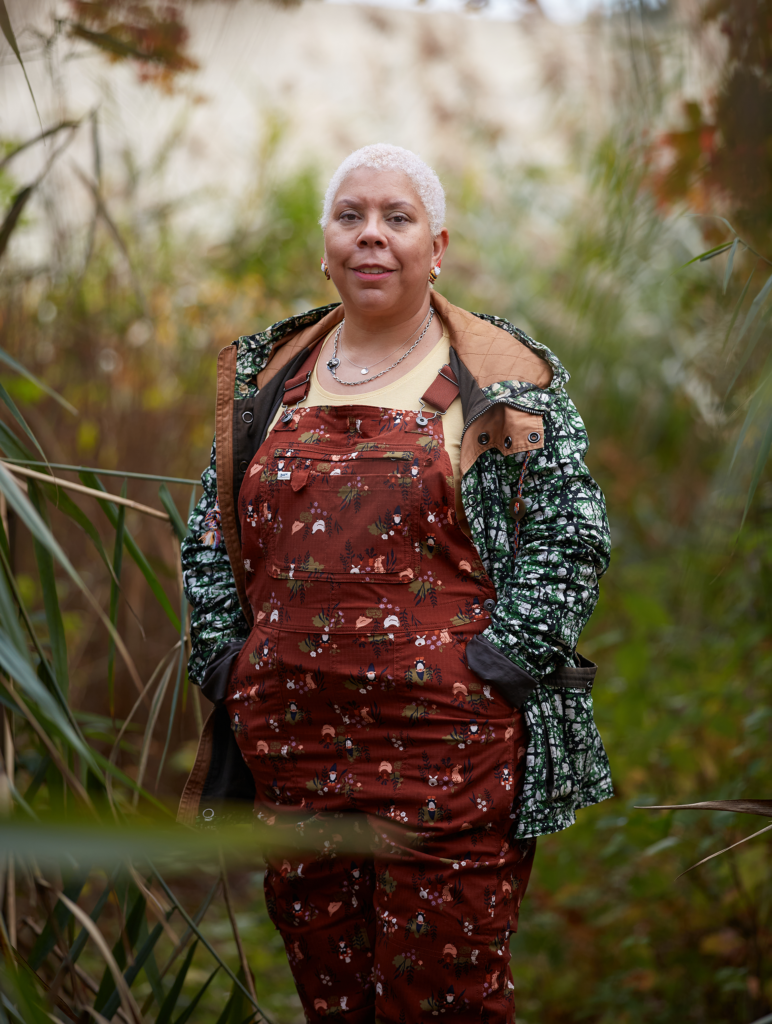Ms. Yalanda Lewis lives in Southwest Philly with her three children — two boys and a 6-year-old girl, the youngest. “My amazing daughter wanted to test me and see if I could handle a child with asthma,” she jokes. “Every month, we were in the emergency room for allergic reactions, asthma attacks and more.” Amid these visits, a member of the Community Asthma Prevention Program (CAPP) team at the Children’s Hospital of Philadelphia (CHOP) reached out and encouraged Lewis to apply. “I was at my wit’s end. Outside of getting her a new set of lungs, I said let’s do it.”
In 1997, Dr. Tyra Bryant-Stephens founded CAPP, a program that implements asthma interventions in underserved, poorly-resourced communities. As medical director of the program, she leads a core staff that includes public health professionals, nurse coordinators, research coordinators and community health workers. Since its inception, CAPP has made over 21,000 home-based asthma visits, educated thousands of caregivers in community education classes, provided site-based asthma trainings for hundreds of primary care providers and taught hundreds of children in school-based asthma classes.

“Did you know that Fabuloso is a huge asthma trigger?” inquires Bryant-Stephens. The multi-purpose cleaner is just one of many popular household products that contain a staggering number of toxic chemicals known to cause respiratory problems.“White vinegar-based products are best,” she informs me as we discuss some of the surprising causes for asthma attacks throughout the home.
Recently, Bryant-Stephens partnered with home repair agencies, including Rebuilding Together Philadelphia, to create Community Asthma Prevention Program Plus (CAPP+), which provides structural home repairs to eliminate root causes of asthma triggers. Their work includes roof and plumbing repairs to prevent leaks that lead to mold growth, wall repairs to eliminate lingering smoke particles or traveling pests, and pest extermination to prevent allergic reactions. The program primarily serves homeowners in West and Southwest Philadelphia.
These sections of the city are prioritized for good reason — as many as one in four children in West Philadelphia live with asthma. In Philadelphia, 21% of children have asthma, which is more than double the national rate. Non-Hispanic Black and Hispanic children have the highest rates of asthma-related hospitalizations, roughly five times higher than that of non-Hispanic white children.
When the CAPP team gave families tools for dust, mold and pest management, they would find more structural problems, Bryant-Stephens says. “I realized, for example, we won’t solve this mold problem because there’s actually a leak.”
After struggling to find local companies that did repairs for asthma specifically, she decided to partner with organizations to fix the structural issues, creating CAPP+. The program’s interventions have reduced asthma-related emergency room visits by approximately 50% and symptoms by 30%.
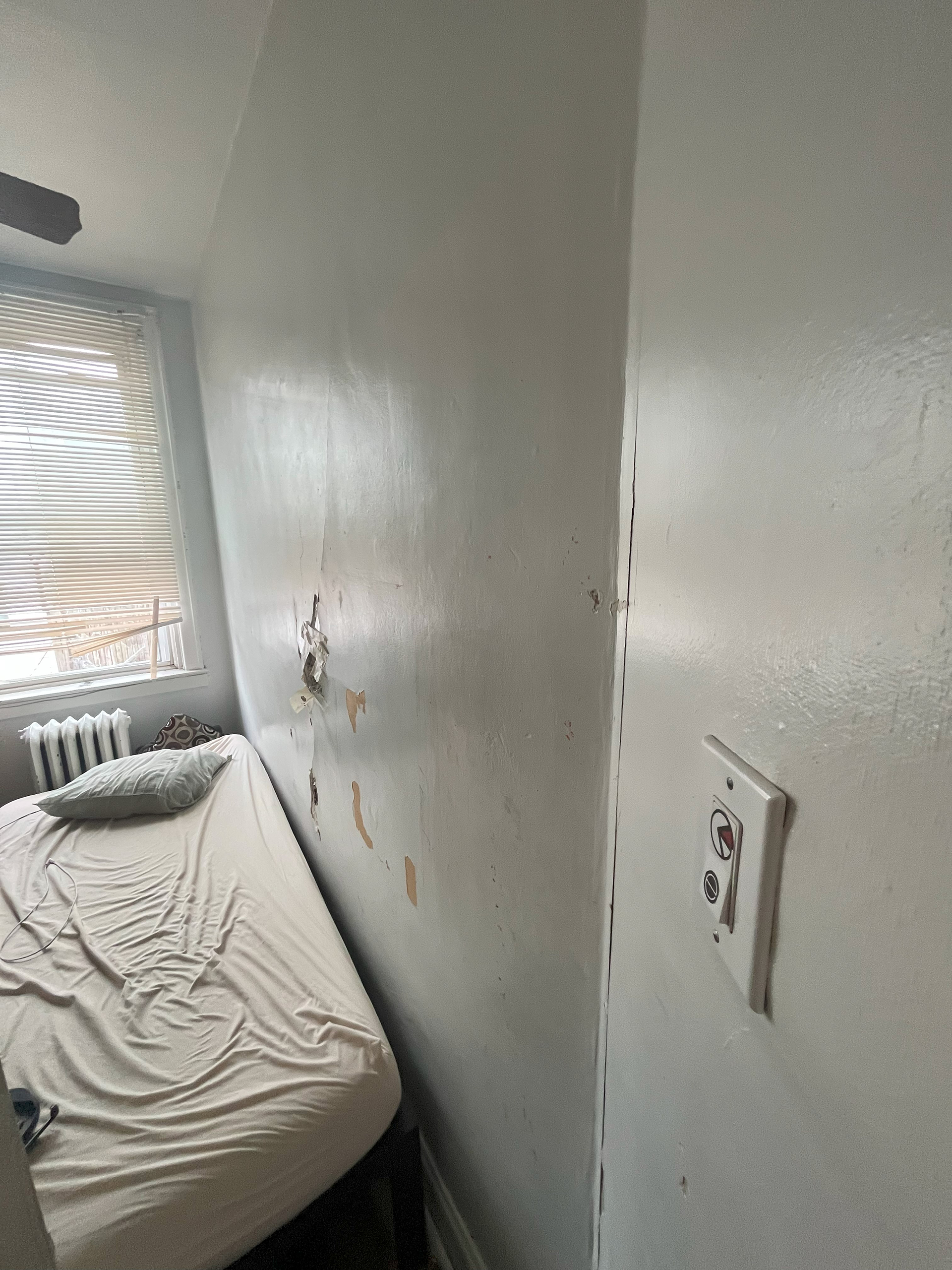
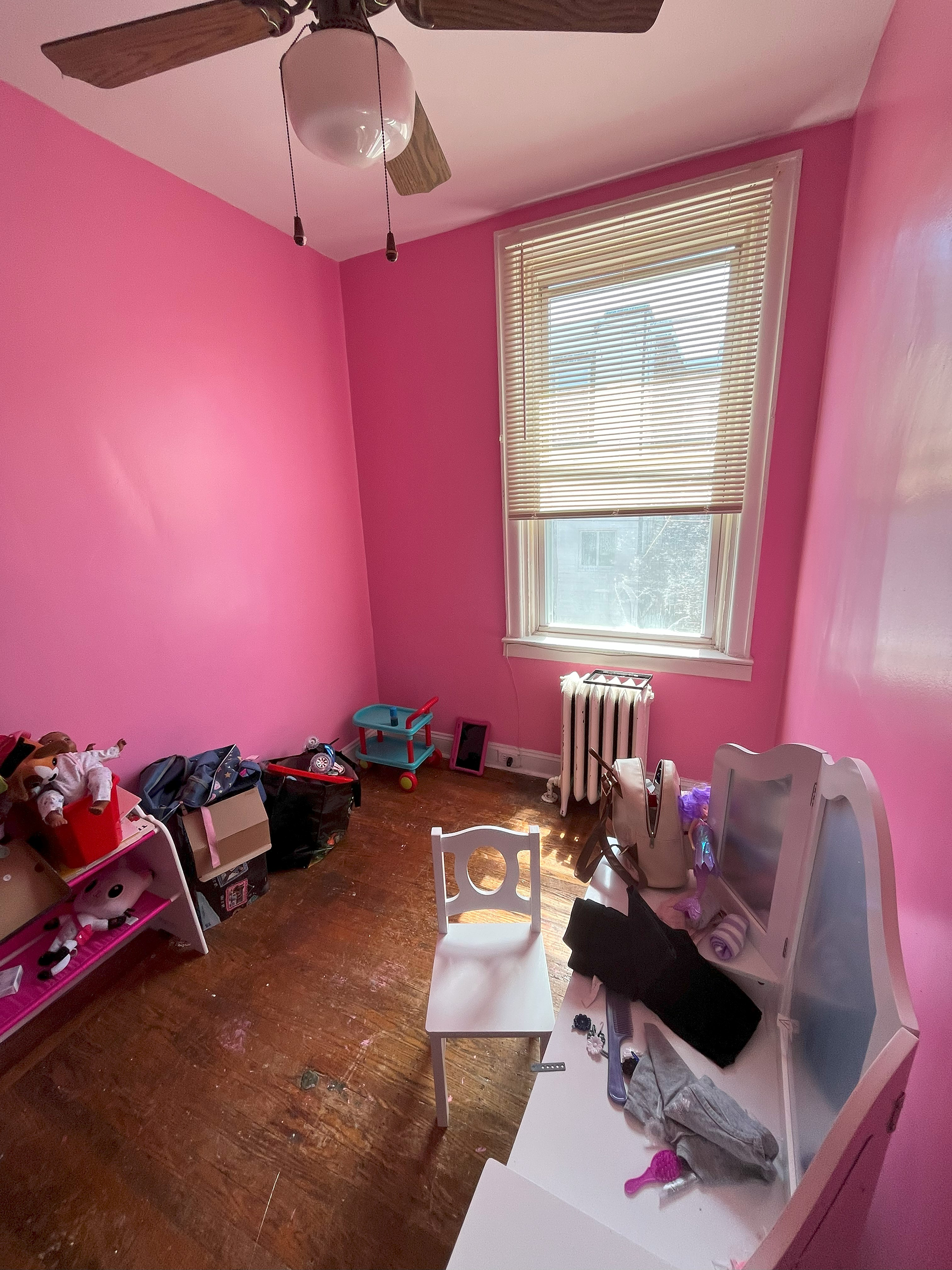
CAPP+ prioritizes working with minority and women-owned businesses, Bryant-Stephens says. “We also partner with The Enterprise Center and give recipients a $500 voucher for future repairs, which is almost like a starter emergency fund,” she says. To ensure a holistic approach, families are partnered with Clarifi, an organization that helps people build financial resilience, and referred to CHOP’s Food Pharmacy.
To be eligible to participate in CAPP+, each family must have a child who had over four emergency room visits for asthma in one year, be a CAPP recipient and be a homeowner or have a landlord who will sign a memorandum ensuring that they won’t raise rent or evict the tenants. Bryant-Stephens says that while the program is free, “not all eligible families that are offered a space want it, but we’ve had so many applications that we’ve had to turn families down.”
After about a year of program outreach, Lewis agreed to participate in CAPP+. “At first, I was really skeptical about people coming into my home. But as I filled out the paperwork and learned about the different triggers, I was able to ask my team member questions and become comfortable with the process,” Lewis says. She now understands how carpets hold dander, can spot water damage that leads to mold, and knows that humid basement air containing mold spores can rise to affect the rest of the house. “As a homeowner, nobody told me that these are the things that trigger attacks.”
Throughout the summer of 2023, the Lewis’ home underwent repairs. The program paid for the family to stay in a hotel for three nights, which the kids loved, Lewis says. The workers kept in contact throughout the process as well. “Even as problems arose, it was an awesome experience. They checked in and followed up constantly,” she says.
By the end of August, Lewis’ home had upgrades she didn’t know she needed but was thrilled to receive. Over the course of several months, workers installed brand new ventilation systems in the kitchen and bathroom, dehumidifiers, ceiling fans and PVC pipes for plumbing; filled holes and stress marks on the walls; dusted vents and applied new coats of paint. These upgrades gave Lewis the confidence to make some cosmetic upgrades as well, she says.
“It took a few months from start to finish, but it was life changing for my family,” Lewis says.
I haven’t really had to run the air purifiers — only once or twice a month instead of buying $40 air filters weekly.”
— Yalanda Lewis, CAPP+ recipient
Most importantly, her daughter’s asthma is now much better controlled. She doesn’t get winded, sneezy or itchy when she plays, and it’s easy for her to catch her breath, Lewis says. “I haven’t really had to run the air purifiers —only once or twice a month instead of buying $40 air filters weekly.” Before repairs, her daughter’s hospital visits were bimonthly; now, they’re virtually non-existent.
Bryant-Stephens and her team are hoping to help more families struggling with asthma before the end of the 2023 fiscal year. So far, “we’ve remodeled more than 30 CAPP+ homes and are approaching 200 homes overall,” she says.
As for families that are eligible for CAPP+ and are hesitant, as Lewis was, she says it’s all worthwhile. “The experience was truly a blessing. Don’t look at what could go wrong. If you go into the process with an open mind, there’s so much you can get done. Eliminating those triggers is for your loved ones, and trust the process from there.”



